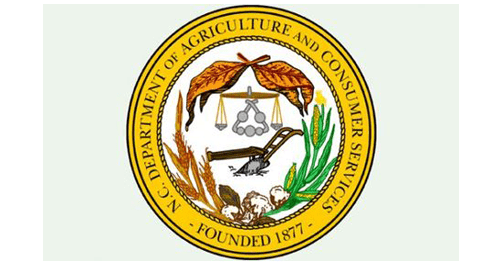– Story courtesy of the North Carolina Department of Agriculture & Consumer Services
North Carolina’s updated forest action plan has been approved by the USDA Forest Service and is now ready to be implemented by forestry stakeholders across the state.
The plan is a thorough review of the state’s forestland, focusing on changes and trends that have occurred since 2010. The plan not only evaluates past and current forest conditions, but also addresses factors that may impact forest health and sustainability moving forward.
Ninety-six percent of the state’s 18.75 million acres of forests is timberland, according to the plan, which classifies it as capable of commercial production and not in reserved status or unproductive. Most of the forestland in Vance County is privately owned, according to the details in the plan.
“Input from our forestry partners, along with the efforts of stakeholder working groups and our forest service staff, has paved the way for this plan,” said Agriculture Commissioner Steve Troxler. “With the continued work of our N.C. Forest Service and forestry partners across the state, this plan will serve as a roadmap for efforts on the ground to protect, conserve and enhance our forest resources and the many benefits we enjoy from them.”
Updating North Carolina’s Forest action plan was a collective effort, involving feedback from nearly 70 organizations on the conditions, needs and opportunities of North Carolina’s forests.
Many of the recommended strategies identified in North Carolina’s initial forest action plan, which was released in 2010 as a result of the 2008 Farm Bill, have been successfully put into action. Among those accomplishments have been reforestation projects, prescribed burns and the mitigation of forest fuels to reduce wildfire risk. Longleaf restoration and the conservation of priority species and habitats have made significant gains as well.
“One trend worth noting has been the collaboration between new partners, often resulting in opportunities for private forest landowners and for land conservation that may have otherwise been unavailable,” said Assistant Agriculture Commissioner Scott Bissette. “The intent is for all forest stakeholders in North Carolina to use this plan as a guide for including applicable strategies into their organization’s efforts so we can collectively roll out this plan, keeping our woodlands healthy, resilient and productive.”
To learn more about North Carolina’s updated forest action plan, the national priorities and goals behind it and the plan’s associated Geospatial Viewer, visit https://www.
